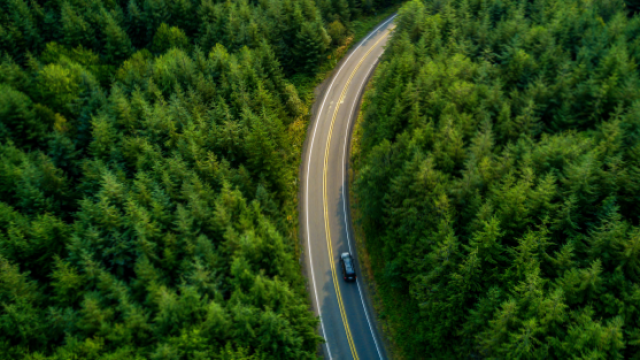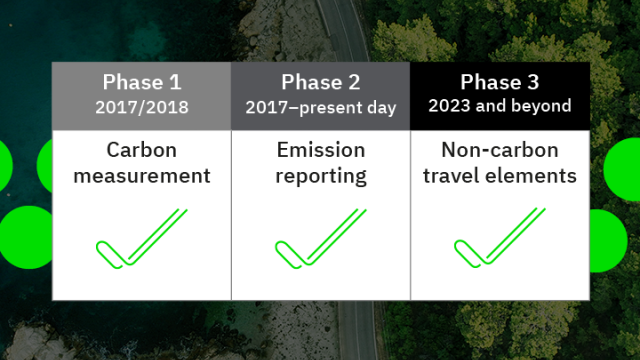INSIGHTS
Eat local, save the planet

How small changes to business trip eating habits can make a big impact
We all need to eat, and navigating where to find food while on a business trip can sometimes feel like a herculean task – especially if you’re in a city for the first time! And while it may seem safe to fall back on a familiar fast-food place or look for a restaurant that serves cuisine from your hometown, these decisions aren’t always the best for the planet.
In fact, one of the most impactful ways a person can help sustainable change is by lowering their carbon footprint via their food choices! So if you’re a true travelling foodie, here are tips you can use (and share with your fellow travellers) on how to consume conscientiously while on the road.
1. Eat local!
Eat locally means supporting restaurants and food vendors native to the region that serve locally sourced fare. This is a win-win situation: Not only will you support the local economy instead of an international chain, but the food you’re eating won’t need to be transported from a far-off destination. Add the benefit of enriching your travel experience by trying new things, and this tip becomes a no-brainer.
2. Try vegetarian meals
Did you know that raising livestock a staggering 14% of all carbon emissions? By committing to at least one vegetarian day on your business trip, you're joining a global movement to reduce this number. Many conferences and conventions also offer vegetarian options, making it easier for travellers to make sustainable choices. So next time you’re on a business trip, consider trying out the local vegetarian spot or ordering an impossible burger. Your choice matters!
3. Reduce food waste
It’s a shocking statistic, but nearly one-third of all food produced yearly is wasted. That amounts to US$1 trillion in costs. Every country’s approach to portion sizes and serving standards differs, so tackling this issue may take some creativity. If you’re travelling with others, consider splitting your meals, or if you’re able, bring any leftovers to a local composting facility.
4. Choose unknown fish
Overfishing threatens the food supply for billions of people worldwide and threatens ocean biodiversity. One of the major contributors to this is the demand for supplies of non-native fish for regional restaurants and food vendors. You can make your impact by choosing to eat fish that are local to the area.
5. Eat organic
Organic foods prioritise soil health and biodiversity and reduce chemical usage. This can be healthier for you and healthier for the planet, too! Look for organic labels on the food you purchase, or look for restaurants and vendors who advertise organic options.
Small steps, big impact
Sustainable choices don’t need to be difficult or rife with sacrifice. As these examples illustrate, many of these sustainable eating tips will help you experience new things and explore a country or city’s culture. And best of all, their usage is for more than business trips – you can apply these tips to your next vacation or holiday as well!


